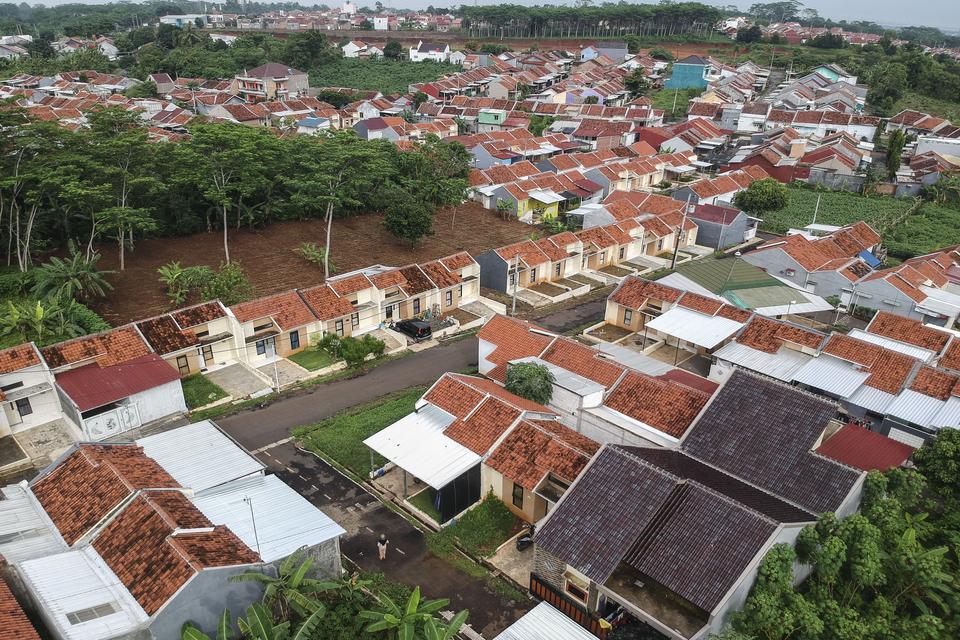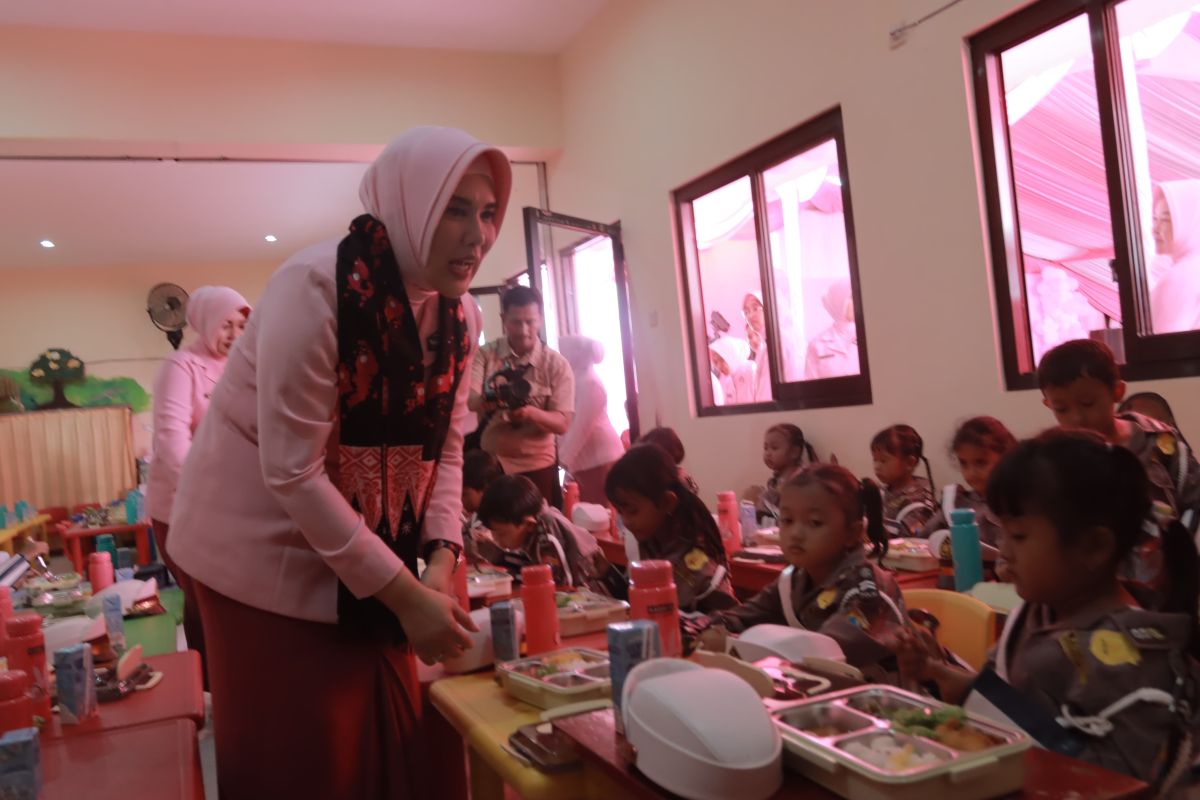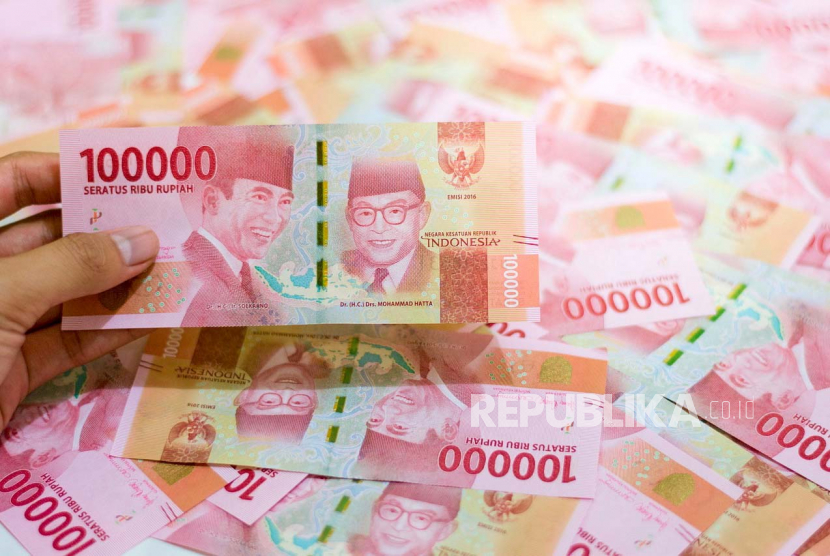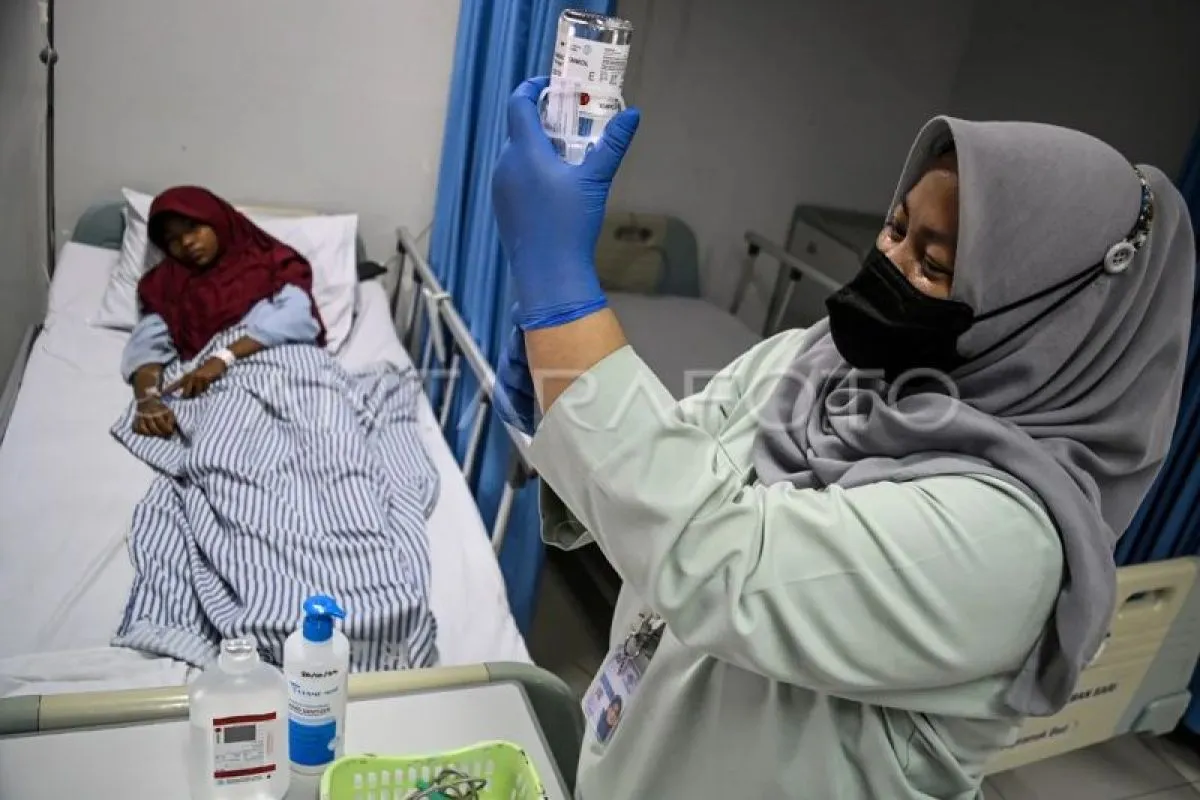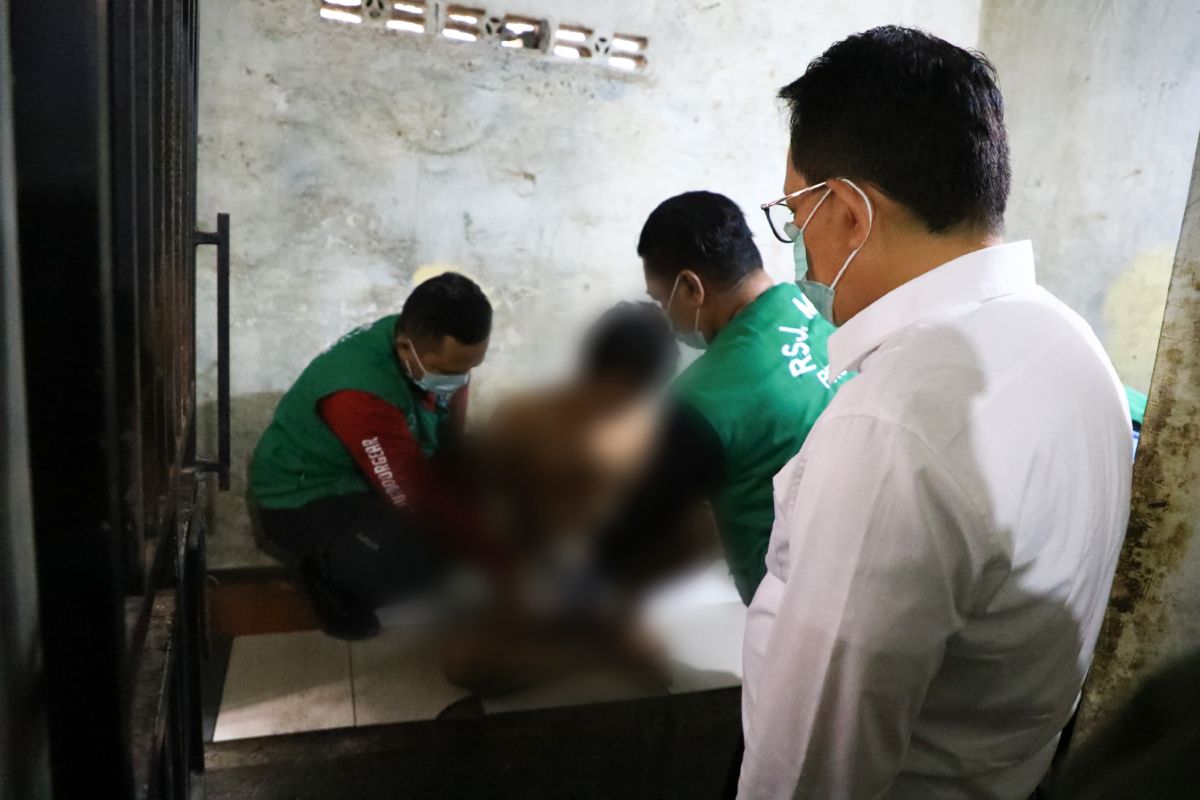BTN Supports Waste Management in Surabaya
PT BTN is committed to supporting climate change mitigation efforts and empowering local communities.
BUSINESS INFO - PT Bank Tabungan Negara (Persero) Tbk () is committed to supporting climate change mitigation efforts and empowering local communities through the implementation of the Social and Environmental Responsibility (CSR) Program. In this program, BTN provides facilities and infrastructure assistance to support waste management in Surabaya.
The assistance is in the form of waste transportation facilities handed over to the Surabaya Regional Government, to support more effective and efficient waste management at the Tambak Wedi Reduce Reuse Recycle Waste Collection Site (TPS-3R).
BTN's Director of Risk Management, Setiyo Wibowo, said that the TJSL assistance is a manifestation of BTN's commitment as a bank that prioritizes the principles of sustainability in environmental, social, and good governance (ESG) aspects. This commitment is reflected in the implementation of the TJSL program around the operating areas of BTN outlets and in residential areas built by BTN partners.
Setiyo Wibowo added that through the distribution of this assistance, BTN plays an active role in improving the efficiency and effectiveness of waste transportation, maintaining environmental cleanliness, and creating economic opportunities for waste sorters at the local level. “In the future, we will continue to support similar activities in various other regions,” Setiyo said in Jakarta, Wednesday (12/2).
Meanwhile, the Head of the Surabaya City Environment Agency, Dedik Irianto, said that in accordance with the mandate of Law Number 18 of 2008 concerning Waste Management, Regional Governments are required to manage waste thoroughly from upstream to downstream. In addition, waste management must transform from the 'collect-transport-dispose' paradigm to the utilization of environmentally friendly technology and the application of the 3R concept (Reduce, Reuse, Recycle).”
In the TPS-3R program implemented in Surabaya, the Surabaya City Government involves waste sorters from low-income communities in the Tambak Wedi Urban Village area, giving them the opportunity to earn a better income through waste management activities. This step is a manifestation of the Surabaya City Government's regional development vision, namely: Gotong Royong Towards an Advanced, Humanist, and Sustainable World City, which includes the environmental and economic sectors, said Dedik.
According to Dedik, the waste sorters sort waste by type, thereby reducing the amount of waste that goes to landfill. Waste that has economic value, such as plastic, iron, paper, cardboard, and glass, is separated to be sent to recycling plants. Meanwhile, organic waste such as food scraps, vegetables, and fruits are shredded using a shredder and processed into compost in a compost house.
to get the latest news updates from Tempo on Google News



